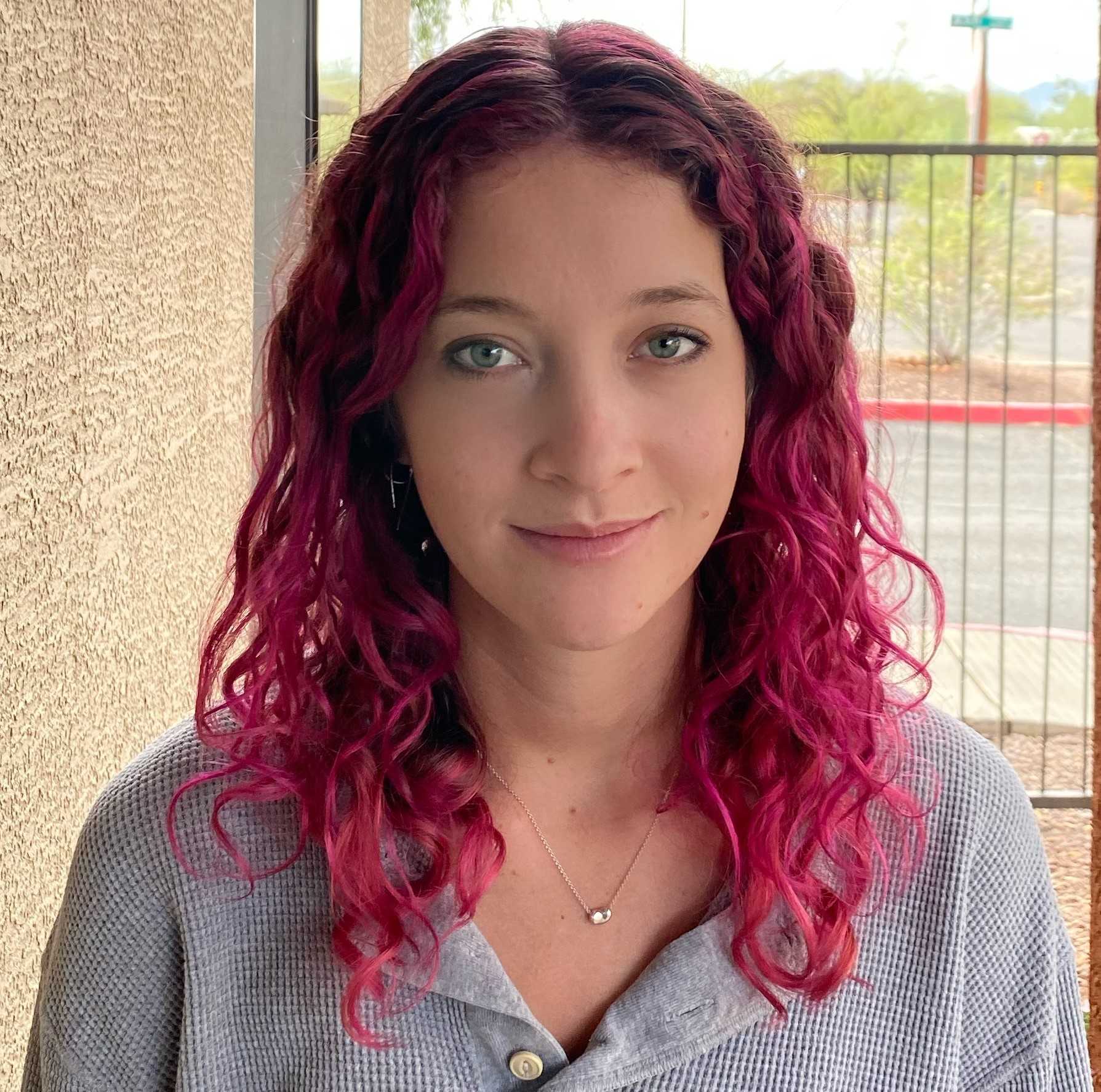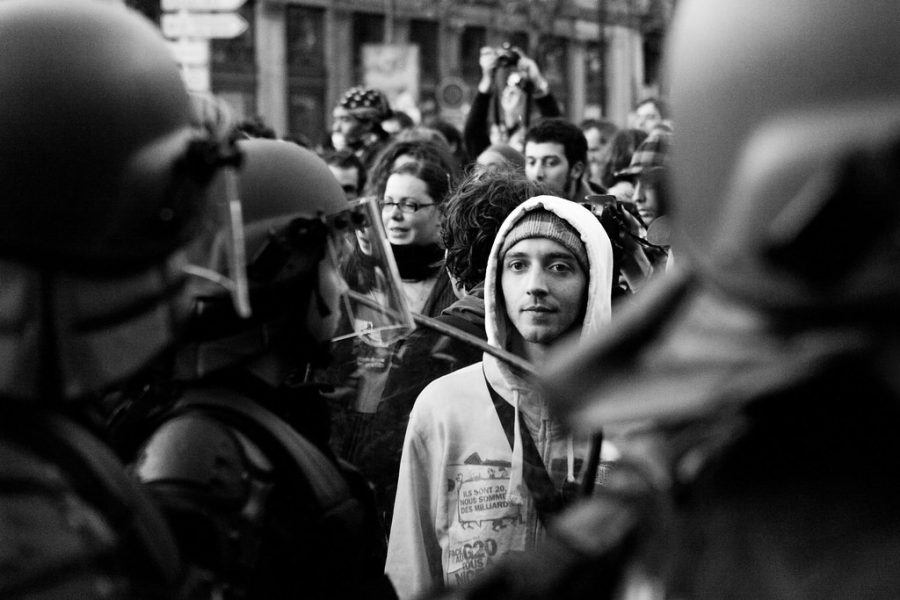Protests with mass turnouts erupted in Paris, the capital of France, this past week. This has been a common sight for the French as protestors have taken to the streets for much of the year. The French public has been actively protesting police brutality and unequal treatment of minorities.
The growing refugee and migrant influx in the country have led to the formation of makeshift camps made up of homeless migrants, as well as the oppression of such refugees. Last week, a large migrant camp in the Place de la République was dismantled by police overnight. The destruction of the camp by police was met with protest from both migrants and activists. Those who were living in the makeshift camp were again turned to the street, perpetuating the unstable situation of the undocumented, unemployed and homeless migrant population in France. Many of these people are refugees and asylum seekers searching for an escape from the violence that consumes their homes.
The protestors and activists standing in support of fair treatment and accommodation for all were cleared out of the streets by use of force — tear gas and police batons.
RELATED: OPINION: ‘Defund the police’ and the case for engaging in a national discourse
Many protests throughout the year have been targeted towards the rising issue of police brutality, particularly police targeting minorities. The movement in France follows the lead of the Black Lives Matter movement rising in the U.S. French citizens have rising concerns that the systematic racism in the U.S. they have seen in the news is all too familiar.
Headlines from the year corroborate the rising concerns of activists. Videos of police brutality and blatant racism went viral and sparked public outrage. Sound familiar? Two French officers were recorded using racial slurs while making an arrest of a Black civilian, leading to their eventual suspension. As seen in the same article above, a different video rapidly spread on the internet as bystanders caught police violently beating a protestor who was already on the ground.
A journalist covering the clearing of the migrant camp early in the week was brutally beaten by officers; the entire interaction was caught on camera. Just this week, a Black music producer was stopped and beaten by three police officers outside of his own studio. Events like these have caused mass outrage, leading to citizens breaking the ban on mass gatherings to join protests on numerous occasions.
How does the French government choose to respond to this injustice? By proposing a new pro-law enforcement security bill, of course.
RELATED: Arizona public university students aim to increase political awareness with new club, “3 For AZ”
The controversial security bill, particularly article 24, aims to ban civilian footage of officers. “Those who distribute either video footage or photographic images of on-duty police officers with the intention of causing them harm could face prison sentences and fines.” Similar bills have been up for a vote earlier in the year and have failed, but this was the first bill to have cleared the lower chambers of French Parliament.
Though the bill will be put to further scrutiny by senators and members of Parliament, the decision brought protestors to the streets of Paris yet again. Many French rightfully fear passing this bill will only limit the freedoms of the press, as well as the voice of the citizens against injustice while holding police accountable for their brutality.
As many as 45,000 protestors gathered in Paris only to be met with overbearing police presence leading to further violent clashes between police and civilians. Countless journalists and photographers took to social media to condemn police behavior at the protests.
Many accounts told of how police prevented them from doing their jobs and did not allow press-identified people to film or document any of the events. This obstruction of their protest coverage led to multiple cases of police brutality going unseen.
RELATED: OPINION: The election may be over, but the work is not
Unsurprisingly, international organizations openly affirmed the concerns of French protestors. Many groups such as the United Nations High Commissioner for Human Rights, the European Union, Reporters without Borders, Amnesty International, The Human Rights League and numerous journalist unions, just to name a few, expressed concern for the bill’s possible infringement of rights and freedoms of the citizen.
The issues of France eerily, but unsurprisingly, parallel the recent movements in the U.S. Police brutality, systematic racism and mass public outrage is pretty much exactly what Americans have been seeing for years, particularly following the unjust death of George Floyd over the 2020 summer. While these two nations have differences in their social issues, the rising call for equality and justice is the same.
If we are truly interested in facilitating change and forward progress, we must strengthen the voice of all citizens — not restrict it further. The bill up to pass will only restrict the citizens in defending themselves, as well as one another. At this moment, it is overwhelmingly important that we are holding offending parties accountable. Allowing systematic racism and overuse of violence by police to continue without being held accountable by the citizen will only worsen the dynamics between citizen and officer. We should be learning from history, as well as our fellow nations, on how to provide justice to all people.
RELATED: ART IS ACTIVISM: Student-artist on online perception, authenticity and healing, plus a Q&A
Both the U.S. and France are founded on the principles of liberty, freedom and democracy for all. Those unalienable freedoms were acquired and protected through the citizens’ rights to speak up and criticize their leadership. How many protests and riots need to happen before the message is received? Equality and fair treatment are basic rights owed to the citizen. It’s not asking for much, is it? The world is watching these movements grow and now more than ever there is a chance for change. Let us come together to find the desperately sought-after equality and set an example for the rest of the world watching. Fair treatment for all is an achievable future for us, but we must seize our moment.
Follow Lauren Borelli on Twitter

Lauren is a political science major from Baltimore.









